It’s a new year and for many people, it will be a time for exploring healthy new routines and daily practices. In 2018, we can all recognize that as large of a world and hectic a society may be, the simplicity and importance of routine and rituals at home can bring comfort to our young children and to us as parents. I have found that over the years, I have become increasingly reliant on small rituals as a part of my overall well being.
It can sometimes be overlooked that we as humans thrive on the habitual activities we find ourselves involved with each day. For some, mornings may consist of the early morning coffee, feeding the cat, and a hot shower before work. For others, it may be afternoon yoga, a family dinner, or bed-time reading. All of these rituals that we find ourselves participating in most days, bring us comfort and a sense of calm.
Educational philosophers such as Maria Montessori and Magda Gerber believed that simple routines and rituals are important to infants and young children. Each day that the child wakes up to an environment and routine he can count on, assists him in gaining his sense of identity, place in the world, and calmness in his mind.
For instance, my toddler has developed a morning pattern that has been shaped around the interests he has formed. River LOVES dogs. He loves feeding our dogs and playing outside with them, even in the freezing cold winter mornings. While it’s not the most helpful event for my day to allow this time each morning, I recognize his need for this ritual.
A rigid routine that relies on time constraints and constrictive activities are not desirable or necessary to the child’s healthy development. Instead, a day filled with rituals in a typical flow and order, which allow for flexibility and spontaneous moments of joy and learning is the best way for the child to feel like he is a part of a natural world with human tendencies. It is also helpful for the child to be able to find his environment in a simple and logical order that he can rely on, free from clutter or useless toys, and free from chaos (as much as we can prevent it).
Once a child can rely on his daily structure of a typical flow and routine full of meaningful rituals, he can then become more adaptive to the outside world and all of its unpredictable ways. The more the child has inner peace and sense of order, the easier his character can develop and stay strong in the world around him.
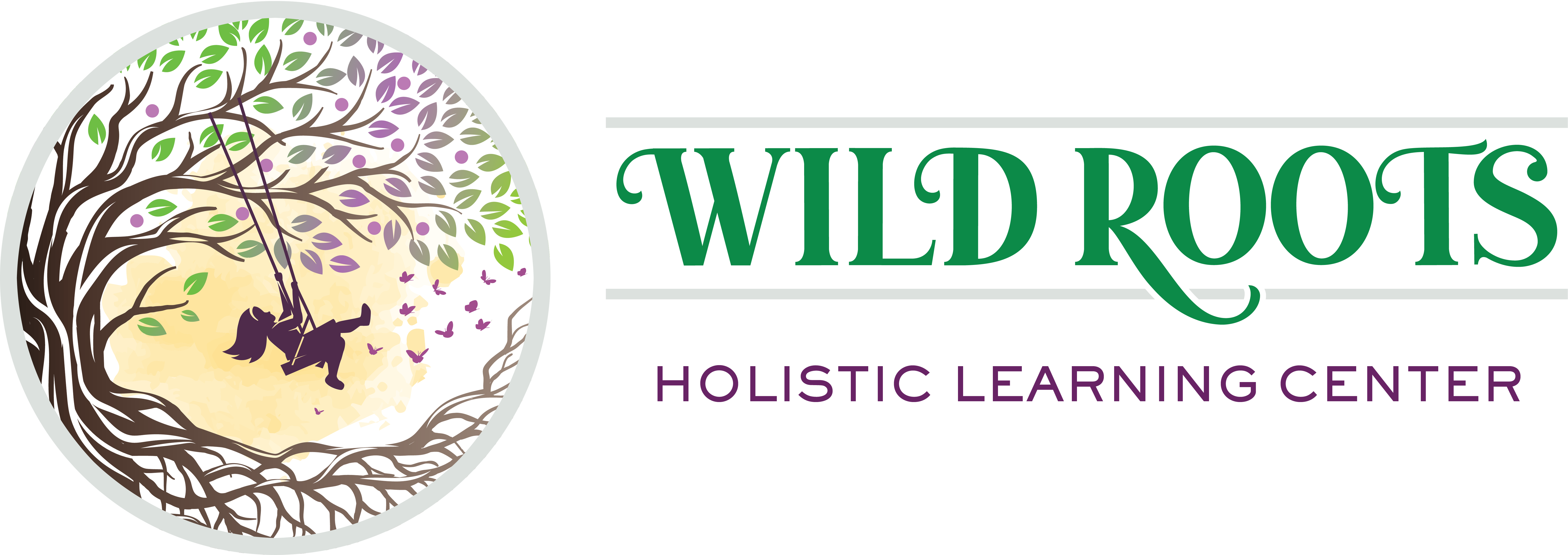


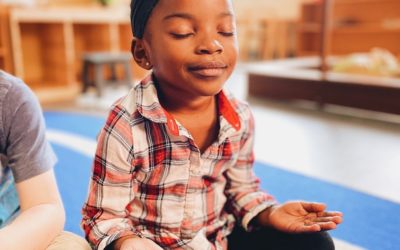
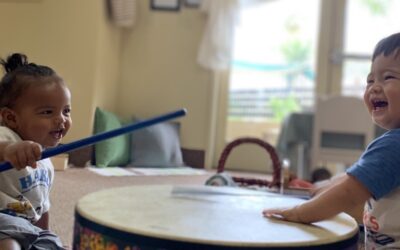
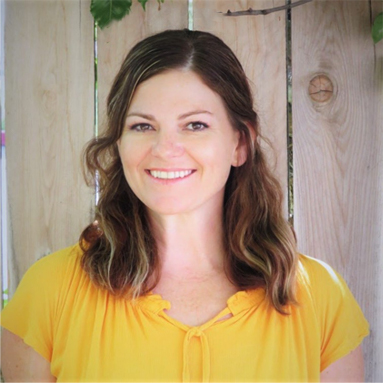
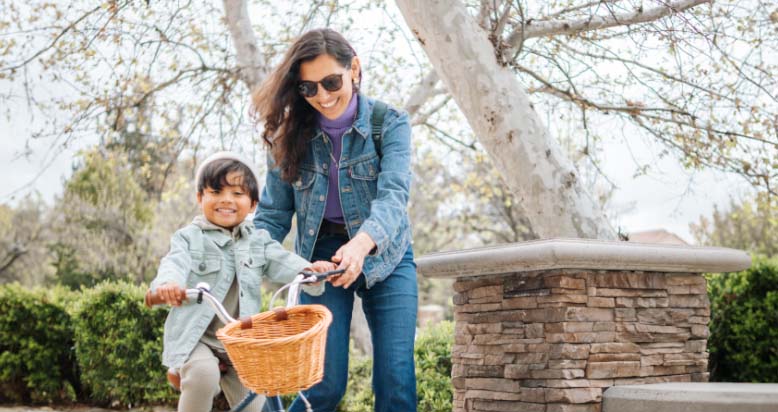
0 Comments